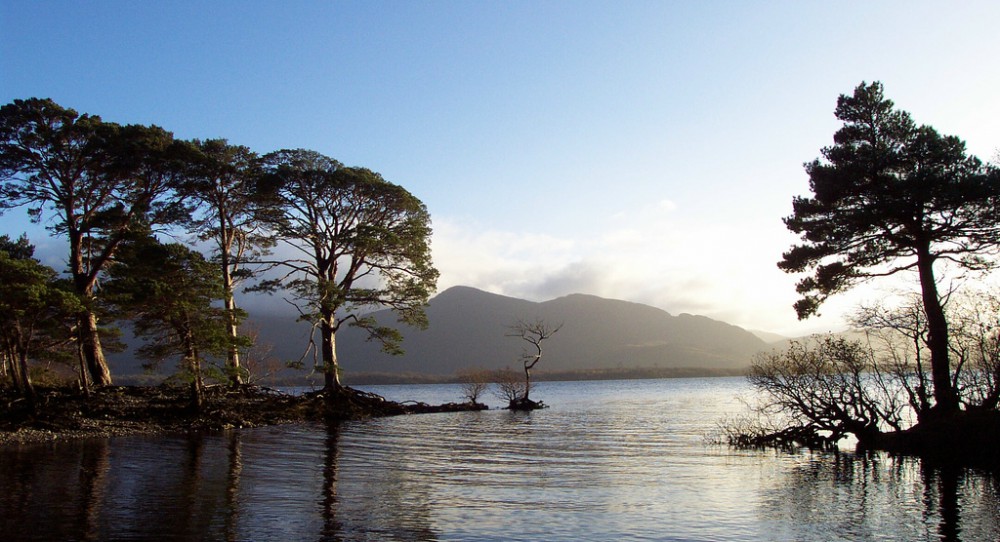As some of you may be sick of hearing at this stage, the subject area I intend to do my dissertation on is that of the experience of Irish speakers in foreign armies. The clue is in the title of my blog. History in general is a very broad field, as is Irish history in particular. It just so happens that I find Ireland’s military history to be the most fascinating aspect of it. Although there is a wealth of literature (and good literature at that) on the subject, it is (in my view) not a fully explored area. At the moment, there is something of a revival of interest in Irish military history, but it seems to focus almost exclusively upon the Irish in the British armed forces, and as well as that (or perhaps because of it), upon the First World War. Why only this country and why only this period? That’s a rhetorical question but I wish it didn’t have to be.
My theory is that there is a basic unwillingness to explore Irish military history and its connections with Gaelic culture in Ireland; this problem does not exist in relation to Scotland, as Titley (2011) points out, because several sets of war memoirs in Scots Gaelic have been published. Hanley (2013) characterizes many of those who focus on the First World War as having an anti-nationalist/anti-republican bias by linking their ‘glorification’ that conflict with an apparent distaste for the Easter Rising. Such thinkers – in relation to Irish history – are termed ‘revisionists’, a group which, according to Whelan (2004), has tended to disregard the value of Irish language sources for historical research. In response to this, I would like to tell the stories of various Irish speakers involved in military conflicts going back to the Middle Ages.
In addition, there is very little literature dealing with the experiences of Irish speakers in any army for any period. So what I’d like to do is put together something which tells their story. Considering the fact that we’re just under half way through the year, I have a very good idea of just how I want to do this. For starters, I’ve put together a blog (which I don’t get to update as often as I’d like!). Every entry I put on it focuses on an Irish speaker who took part in a war. The entry is tagged by the nation he/she fought for, the branch of the service (usually army, but in some cases navy, air force, civilian support/recruitment drives), what period and which conflict(s). Given the subject matter (and my background in translation), I have decided that each blog post should be bilingual.
Bibliography
Hanley, B. (2013, September 11). The fuzzy nostalgia encouraged by Poppy Day facilitates the justification of war. The Irish Times. Dublin. Retrieved from http://www.irishtimes.com/news/politics/the-fuzzy-nostalgia-encouraged-by-poppy-day-facilitates-the-justification-of-war-1.1588719?page=2
Titley, A. (2011). Nailing Theses – Selected Essays. Belfast: Lagan Press.
Whelan, K. (2004). The Revisionist Debate in Ireland. Boundary 2, 31(1), 179–205.
